Reviving the Alto: Pak Suzuki drops opposition on liberalising trade with India
Company needs to import parts from across the border to meet Euro II standards.
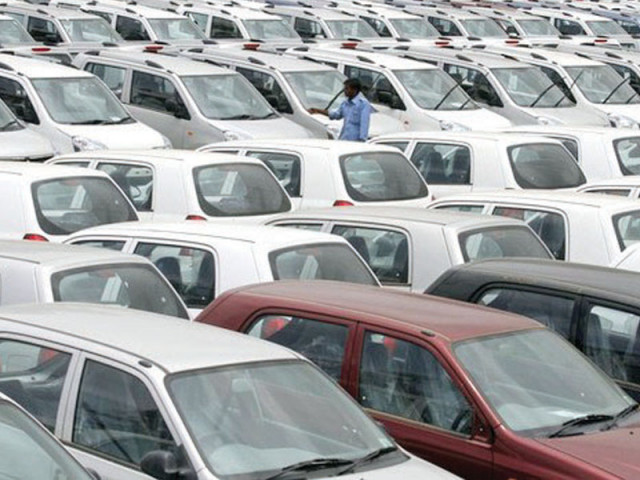
Environmental regulations are forcing Pak Suzuki to reconsider its opposition to trade liberalisation with India, and may split the hitherto unanimity among the Japanese carmakers operating in Pakistan against freer trade across the Wagah.
The government of Pakistan has begun implementing European emissions standards (known as Euro II) on car assemblers in the country, a decision that went into effect on July 1. All three Japanese makers in Pakistan – Toyota, Honda and Suzuki – have committed to adopting the standards, but meeting the new regulations may become a challenge for Suzuki.
The problem arose after Pak Suzuki Motor Company’s Japanese parent company moved the production of Euro II compliant parts for the Suzuki Alto (one of the best selling smaller cars in Pakistan) from Japan to India. Owing to current legal restrictions on trade between India and Pakistan, Pak Suzuki was forced to discontinue Alto, a blow to buyers of smaller cars, who already had fewer options after Indus Motor’s discontinued the Daihatsu Cuore.
As trade agreements between Pakistan and India stand currently, Pak Suzuki will not be able to import parts from India until the end of the year, assuming Islamabad goes ahead with liberalisation as scheduled. This new compulsion is forcing Pak Suzuki to rethink its opposition to trade liberalisation with India, and will likely split what had been a united front by the car assemblers against free trade.
Sources in Pak Suzuki say the company is already urging the government to speed up the process of liberalisation. The company is desperate to reopen its Alto production, and needs the government to give the green light for imports so that it can place orders as soon as possible, since it would take Indian suppliers three to six months to begin shipping parts to Pakistan.
The Alto is the best-selling 1,000-cc car in Pakistan. In the financial year ending June 30, 2012, Pak Suzuki sold 16,288 units, a 36.5% increase over the previous year. The car is also the third bestselling vehicle produced by Pak Suzuki, after the Mehran and the Bolan, both 800-cc vehicles.
The discontinuation of Alto production comes at a time when imports of used cars is increasing, causing worries at Pak Suzuki that demand for one of its best products might be dampened. “The discontinuation of Alto will give further space to imported economy cars in country,” said one Pak Suzuki official.
Pakistan imported more than 55,000 cars during fiscal 2012. The share of imported cars in the total car market in Pakistan increased to 26% in fiscal 2012, up from 14% the year before. And car importers are optimistic for the future.
“After the suspension of Alto production and the discontinuation of the Cuore, imported cars will fill the gap for local buyers in the sub-1,000-cc category,” said HM Shehzad, chairman of the All Pakistan Motor Dealers Association.
About 45% of imported cars already fall into the category of 1,000-cc engines or lower. Car assemblers are worried about the trend and hope to recover some of their market share. Indus Motor Company – Toyota’s affiliate in Pakistan – discontinued production of the 800-cc Daihatsu Cuore after its global parent modified the model (and renamed it the Mira) and the Indus found it unfeasible to upgrade its production facilities in Pakistan to meet the newer standards, effectively taking Toyota out of the small car market in the country.
Ironically, among the most popular used imports are the Toyota Vitz and Passo, as well as the new version of the Daihatsu Cuore – known as the Daihatsu Mira.
“This is a very unfortunate situation for us and we realize that there is a gap in the market,” said an Indus Motors spokesperson through an email. “We are working on various alternatives and we are very hopeful that soon our discussions with our partners will reach some positive conclusions.”
Published in The Express Tribune, August 23rd, 2012.

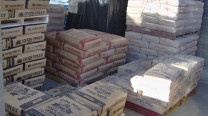
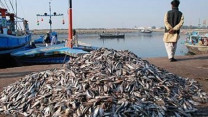
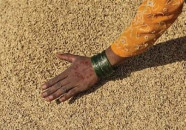

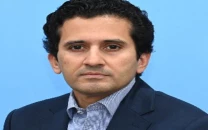













COMMENTS
Comments are moderated and generally will be posted if they are on-topic and not abusive.
For more information, please see our Comments FAQ